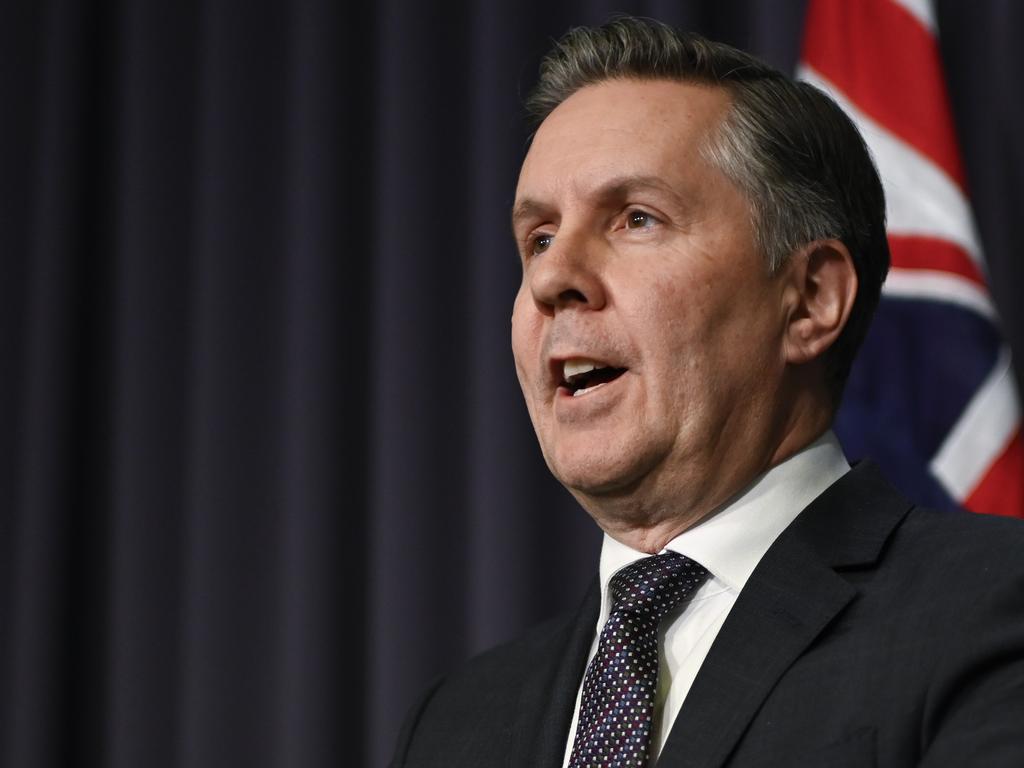National Disability Insurance Agency doubles down on government advice despite community displeasure
Australia’s disability agency has stood by advice that Labor ministers must stick to the current NDIS reform timeline despite the lack of support from the disability community.

Australia’s disability agency has stood by its advice that Labor ministers must stick to the current NDIS reform timeline despite the lack of support from the disability community, declaring the agency was “committed to implementing the government’s reform agenda”.
While advocates lashed revelations that the National Disability Insurance Agency told ministers Mark Butler and Jenny McAllister that the disability community did not support the pace of reform but it was still “critical the agency remain on the timeline if we are to achieve national cabinet’s annual 8 per cent growth target”, the NDIA on Thursday defended the advice in its incoming ministerial brief.
“The NDIA is committed to implementing the government’s NDIS reform agenda to ensure the NDIS delivers better outcomes for participants and is sustainable for generations to come,” an agency spokesman said. “We will continue to work closely with participants and the disability community to deliver a stronger scheme though partnership, consultation and co-design.”
The Australian was also pointed towards other elements of the ministerial brief – released under Freedom of Information laws – that stressed the voices of people with disability would “continue to be at the heart of any changes to the NDIS”, a sentiment standing in contrast to the advice to push on with the current trajectory of reform regardless of the community’s support.
Efforts to reduce the annual growth of the NDIS from highs of more than 20 per cent down to 8 per cent by mid-2026 were agreed upon by national cabinet in late 2023 and are expected to curb the scheme’s growth by nearly $20bn over the next four years.

As part of the incoming government brief, the NDIA noted “the scale of change … has the potential to be challenging for some cohorts” in what was likely a reference to the thousands of autistic children accessing the scheme.
Labor has sought to improve early intervention for children with developmental delays, in the face of data showing one in 11 six year olds were on the NDIS, a trend Anthony Albanese confirmed he was not “happy” with.
Despite the reform agenda being broadly welcomed by the disability sector, concern has been actively raised that some of the 717,000 NDIS participants were being prematurely kicked off the scheme before a promised new system of services, known as foundational supports, was made available by states and the commonwealth.
The NDIA noted in its ministerial briefing that “the numbers of participants entering the scheme each year had not stabilised”, with the language prompting further alarm from advocates.
“The desire for a ‘stabilised’ rate of participant entry could signal a concerning shift away from a rights-based approach,” Australian Federation of Disability Organisations chief executive Ross Joyce said. “Demand for the NDIS should not be viewed as a policy problem but as a clear reflection of the significant and ongoing unmet need in our communities.”








To join the conversation, please log in. Don't have an account? Register
Join the conversation, you are commenting as Logout